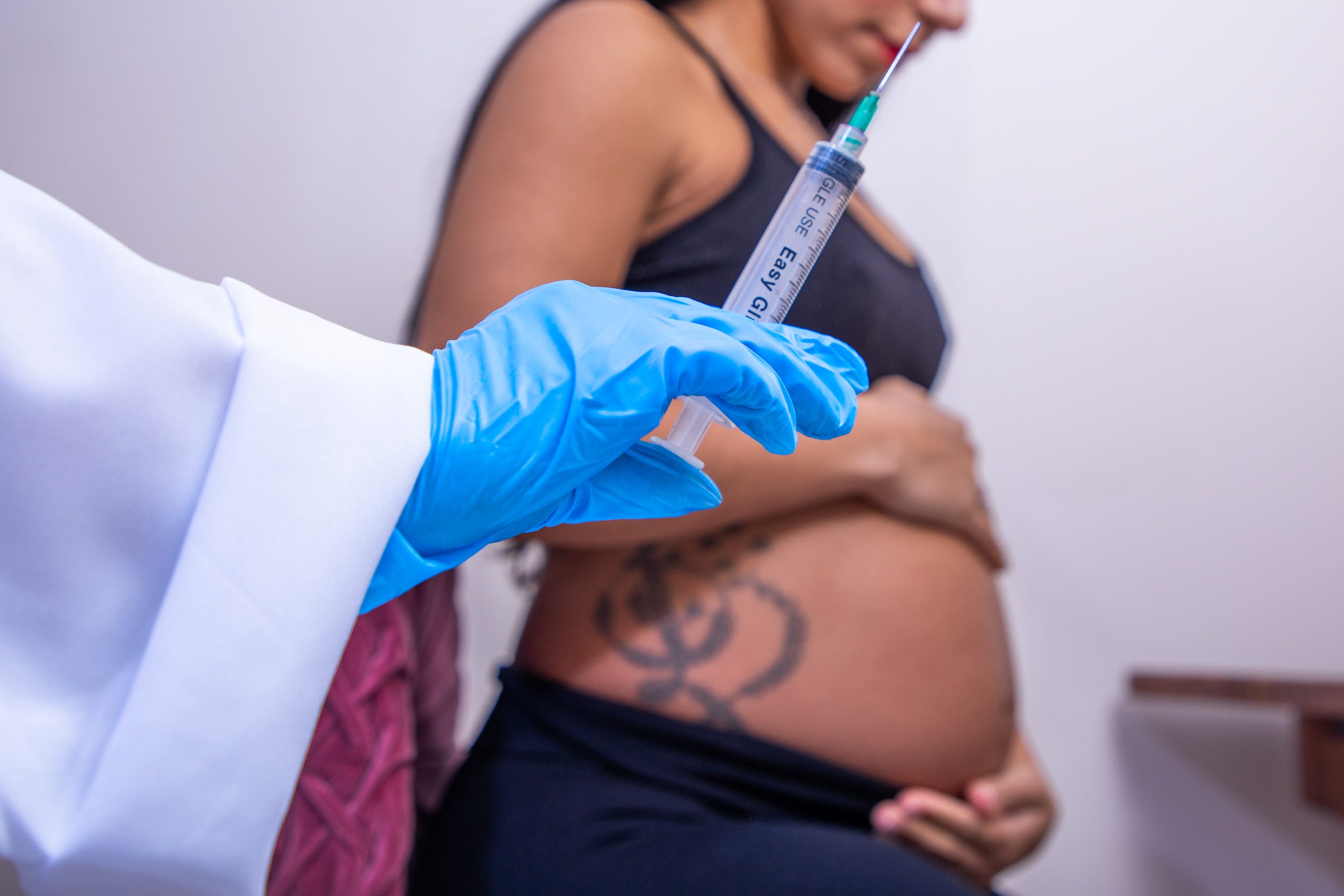
- Social-media users are spreading misinformation about the Tdap vaccine, which prevents infant pertussis.
- Pertussis – aka whooping cough – still infects 2,000 babies a year and can be deadly.
- Even some professional websites contain incomplete information about the shot.
- Visit Insider's homepage for more stories.
Users of social media are spreading misinformation about the Tdap vaccine, which could help explain why some babies are still dying of a preventable disease, new research suggests.
Tdap – which protects against tetanus, diphtheria, and pertussis – is recommended during pregnancy to provide passive immunity to newborns.
Pertussis – aka whooping cough – could lead to pneumonia, brain damage, convulsions, or even death in babies.
But research presented at the annual meeting of the American College of Obstetricians and Gynecologists found that comments on Reddit, Facebook, and Instagram promote false ideas about the shot – such as that it causes pertussis, leads to miscarriage, or doesn't work.
For example, one Reddit commenter falsely said, "Only illegal immigrants have pertussis."
According to the research team of medical students from Western University's College of Osteopathic Medicine of the Pacific, even some professional health websites failed to provide all the necessary information about the vaccine, such as who else should get it, and when.
In addition to pregnant people, those over age 11 who have never had one and expect to be in close contact with the baby should get one, according to the American Academy of Pediatrics.
There were about 2,000 reported cases in kids under 1 year old in 2019, the most recent year for which data is available. Half of those kids required hospitalization.
But many cases go unreported, according to the Centers for Disease Control and Prevention.
Shanyi Feng, one of the study's authors, told Insider that the coronavirus' amplification of anti-vaccine sentiments could exacerbate the problem.
"Given the fact that number of side effects for COVID-19 vaccines are being reported both in person and via online, it can potentially create worries and second thoughts for people who might consider getting any vaccine, including Tdap," Feng said.
She added that the findings should prompt healthcare providers to counsel their patients about the importance of getting a Tdap vaccine. Pregnant people should remember that online searches for answers "might be wrong, correct but incomplete, and rarely have every piece that the patient wants or needs to know."

